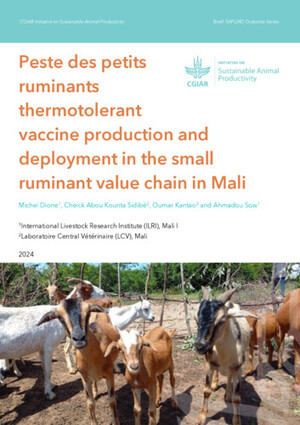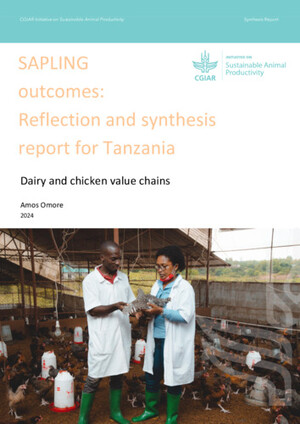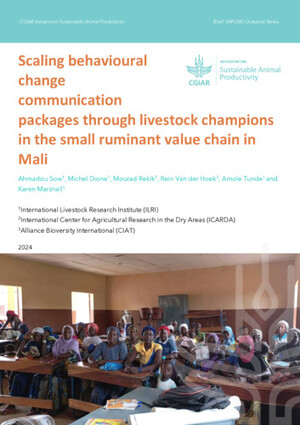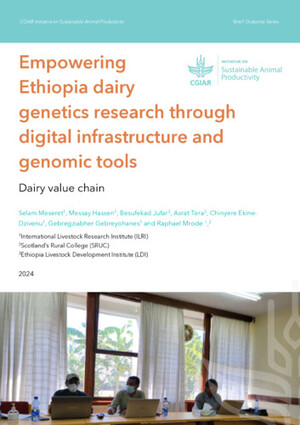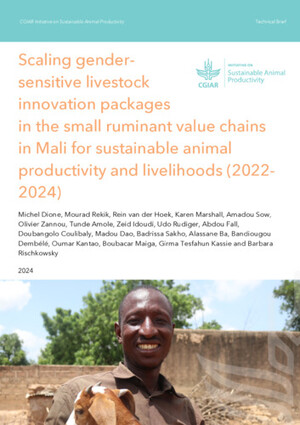
Value chain analysis as a tool for assessing food safety risks in the Nairobi pork food system
Abstract
In Nairobi, with 3.1 million consumers and 30,000 pigs, the pork system may represents a major source of zoonotic pathogens. Yet, this system and its public health risks have not been described. The study used value chain analysis, a well-known method in economics, to investigate zoonosis and food safety risks practices in the Nairobi pork food system. A cross-sectional study of the Nairobi pork system collected data through 25 focus group discussions and 436 individual interviews with farmers, traders, abattoir owners, large companies’ managers, retailers, government officers and consumers. Data were analysed to identify, describe and quantify the main pork chain profiles, their associated zoonosis and food safety risks practices and their link to governance, the distribution of benefits and barriers to improving the system. Six pork chain profiles were identified with the ‘large integrated company’ profile accounting for 62% of pork marketed through abattoirs. Pigs in slums were channelled directly to consumers and butchers or through less integrated markets. Main zoonosis and food safety risk practices for city pig keepers were: handling and consumption of sick pigs; and swill and scavenging feeding. In less integrated abattoirs these risks were: lack of traceability, cold chain systems and adequate cleaning and sterilising practices and equipment. For the retailers, there was a lack of hygiene linked to poor infrastructure, scarcity of water and cleaning practices. Large companies govern the high end market for pork where barriers to improvements were less. In the lower end poor profit margins and unequal benefit distribution led to issues on around investments in infrastructure, cold chains and human capacity building plus difficulties with meeting feeding and animal health costs.
Conclusions
This study identified the main zoonoses and food safety risk practices and the people involved in risk taking activities to help future control programmes in the Nairobi pork system. The integration of value chain and analysis of risks practices proved useful and represent the way forward for epidemiologist working in developing countries.
Citation
Muinde, P., Karani, M., Akoko, J., Rushton, J., Fèvre, E.M., Dominguez-Salas, P., Muloi, D., Häsler, B. and Alarcon, P. 2015. Value chain analysis as a tool for assessing food safety risks in the Nairobi pork food system. Presented at the 14th conference of the International Society for Veterinary Epidemiology and Economics (ISVEE), Merida, Yucatan, Mexico, 3-7 November 2015.





